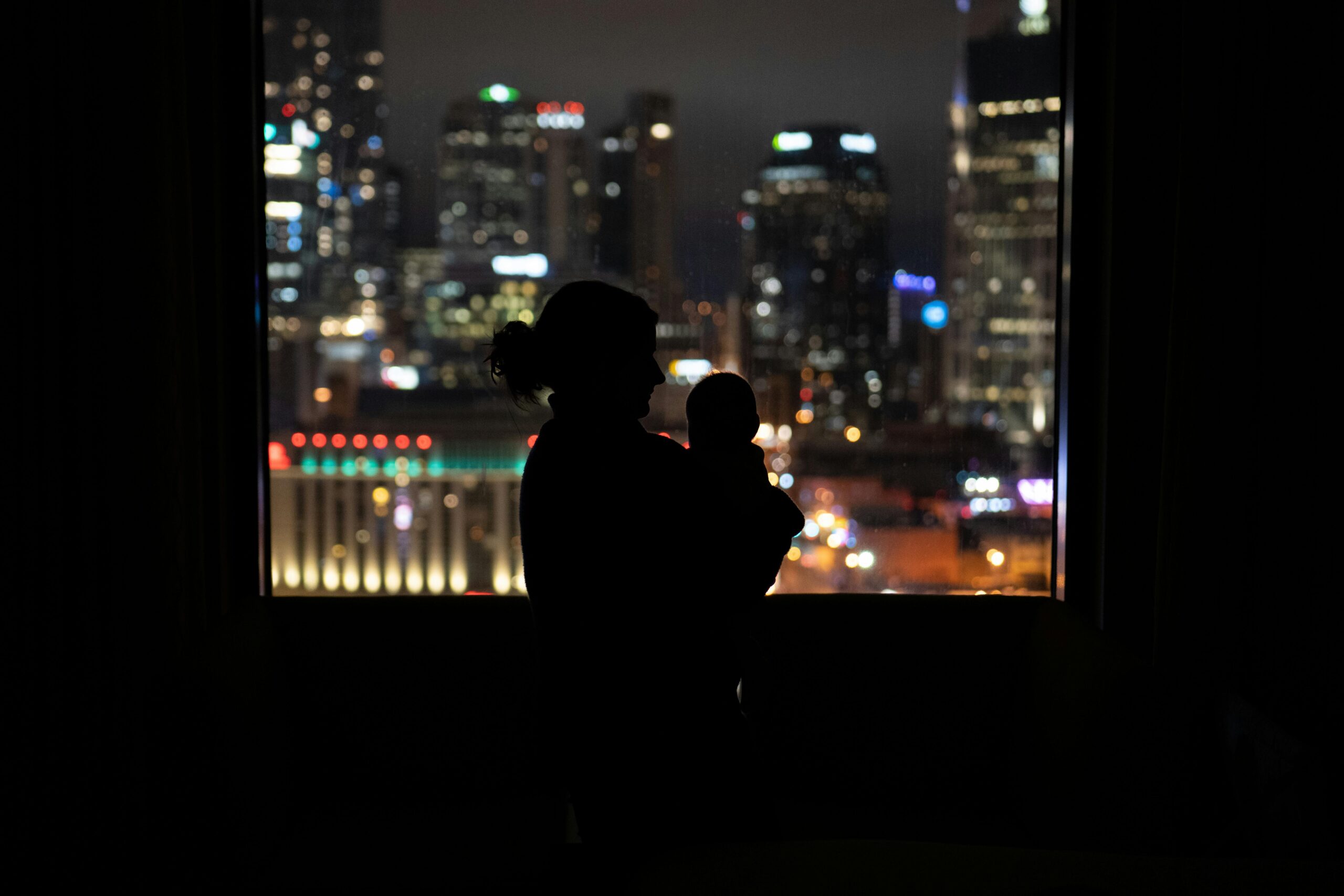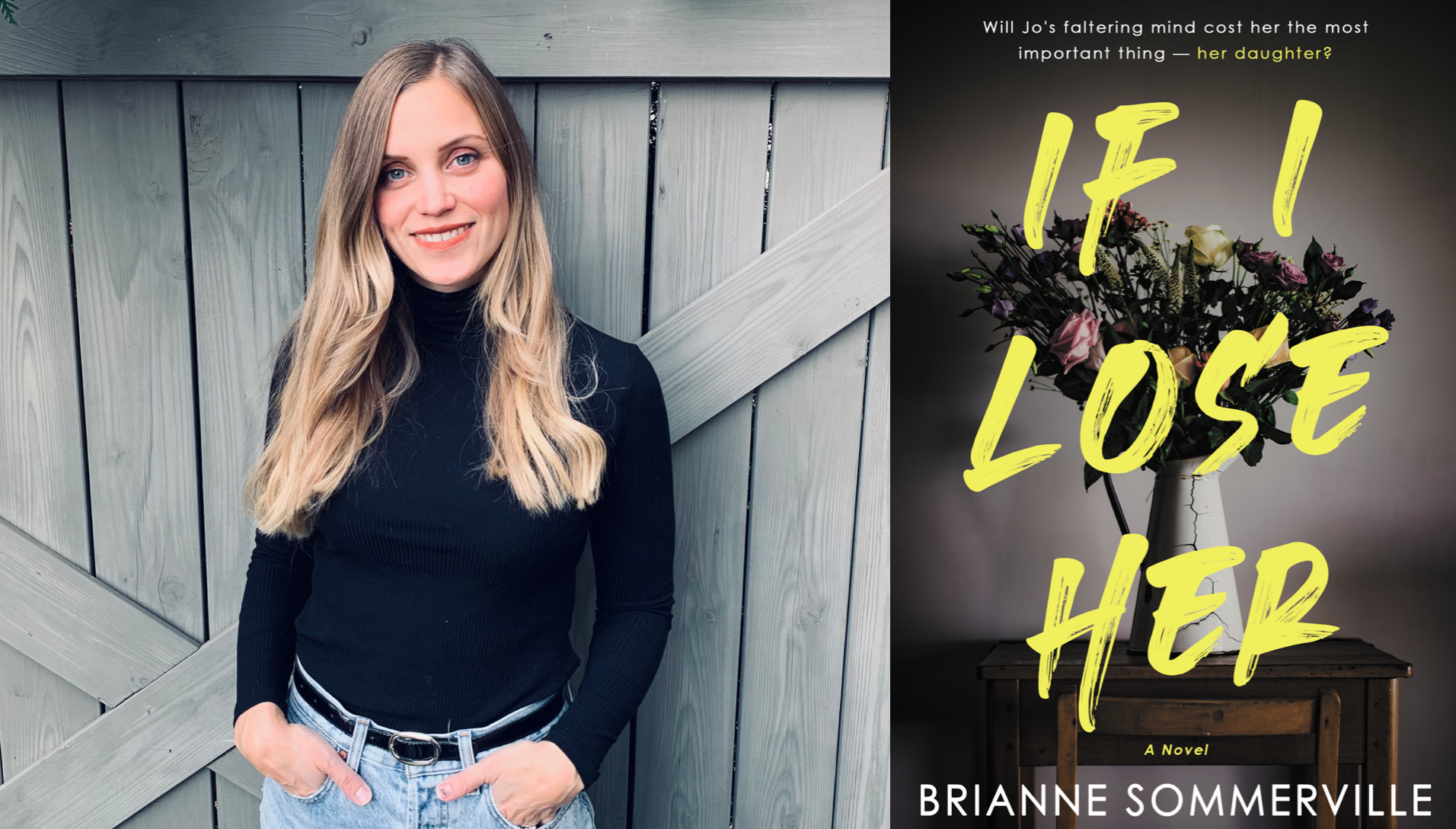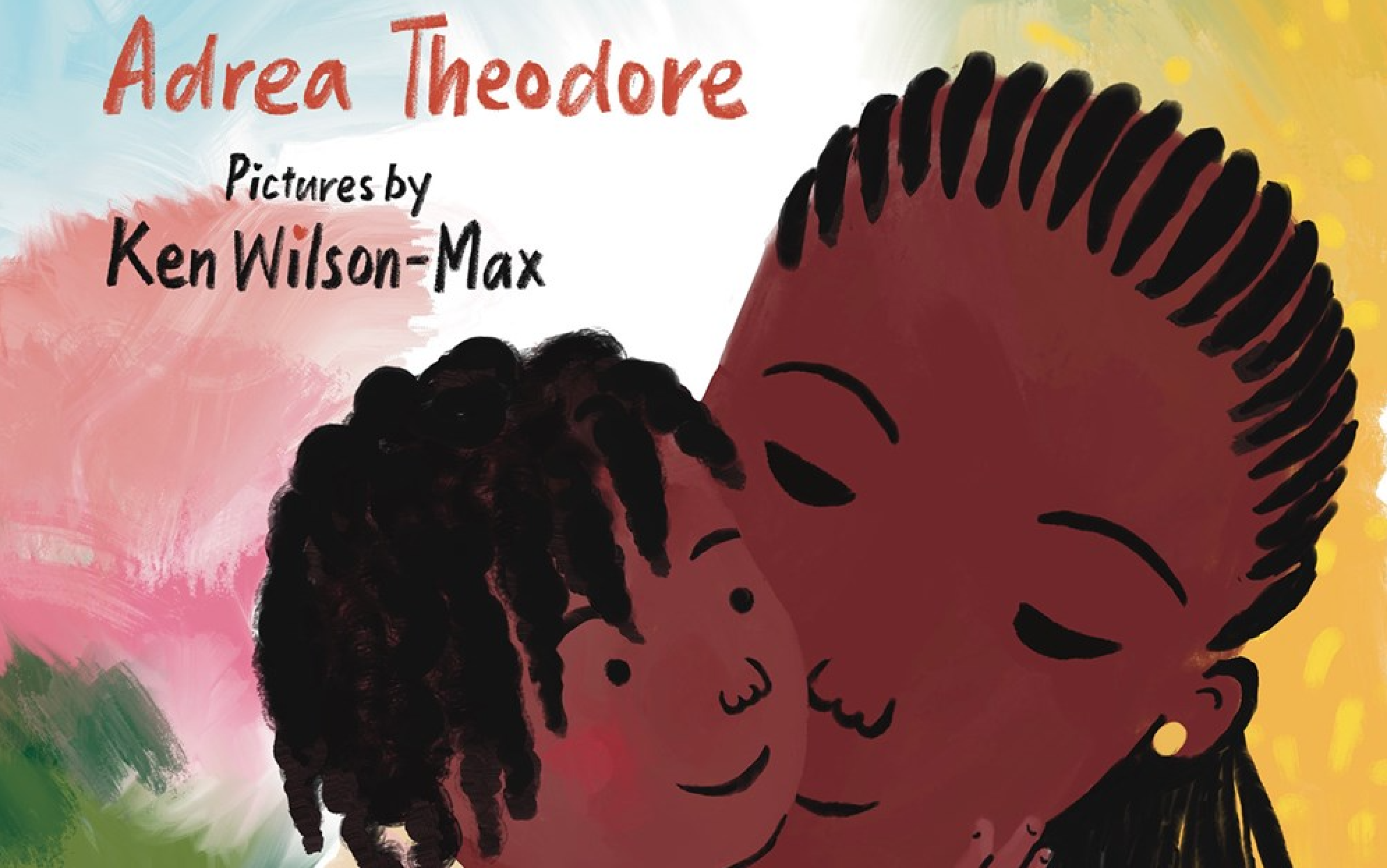
Comprehensive sex education is always a good idea, no matter which part of the world you live in. The idea that giving youth information about bodies, relationships and fostering dialog about health sexuality is going to encourage them to have sex is absurd. Comprehensive, medically-accurate, fact-based and shame-free sex education can ensure youth stay healthy and informed to make the best decisions about their lives.
A lack of sex education can be found not just in conventionally conservative nations, but also in the most developed countries, such as the US. We have talked at length about the abysmal consistency in comprehensive sex ed across all 50 states. With billions of dollars having been pumped into abstinence-only programs since the 1980’s, it’s important to know that states still pushing this type of information in schools boast the highest rates of STDs, teen pregnancies and abortion. That should shock nobody.
Over in the UK, Plan International UK worked with a group of teens to petition the government to change policy around sex education, and were successful. Their Youth Advisory Council, made up of students passionate about the fight for gender equality, were instrumental in leading the petition for an updated, mandated curriculum, which will now go into effect once guidelines have been finalized, according to the Plan UK website.
They launched the ‘It’s My Right’ Campaign backed by thousands of students asking the government to introduce statutory relationships and sex education across all secondary and primary (aka, elementary) schools. A majority of parents, 7 out of 10, backed the initiative, as did a number of politicians from the Conservative Party, Green Party, and Labour. Imagine if we had that kind of bipartisanship on sex education among liberals and conservatives in the US knowing it will benefit the younger generation. We can only dream…

The Telegraph recently spotlighted 2 members of the panel who shared why they are passionate about being part of this initiative.
“I think the biggest problem is that young people now have access to social media, and the information being shared in schools isn’t up to the same standard. Schools just tell you not to sext. They need to talk in detail about the issue and how not to get into these situations in the first place. They’re not very good at telling you how to get out of them. It’s probably happening more often than teachers think it is,” said Rachel, 17, from Newcastle.
“Sex is generally a taboo subject in schools, the more so in secondary school, where it seems to be more of a giggly subject with boys. I’ve helped get rid of that stigma. Early sexual experiences can be daunting, so I’ve been able to go into schools and spoken to lots of different young boys to make them feel more comfortable talking about sex,” said Michael, 15, from Bournemouth, who was also inspired by Emma Watson’s ‘He For She’ speech to advocate for feminism.
Due to a rise in the reporting of sexual offenses in schools, the culture around sexting, and the push back against conservative religious beliefs which prevent children from often getting the right information, Plan were able to show the government that 70% of youth aged 11-15 wanted better programs around sex and relationships mandated in their schools. Some of the feedback from youth involved with Plan have pointed out the impact better education can have on their lives.

“Sex and relationships form some of the most difficult challenges young people face both in their adolescence and adulthood years to come. So it’s just crazy it’s currently not a mandatory on curriculum in schools,” said Philip, 16, from Medway.
“By not talking about it, and saying it’s for religious reasons, makes it seem shameful and prevents things from being out in the open and discussed which protects everybody’s rights,” said Ambrin, 14, from London who is a practicing Muslim.
“Even with more young people coming out as LGBT, there’s still a lack of basic SRE and consent education in schools, let alone about any LGBT aspects. SRE would help to promote understanding of everyone and decrease discrimination,” said Adam, 18, from Lancaster.
“My secondary school is all girls and yet instead of being taught about contraception we were told the way to not get pregnant is to not have sex, apparently the perfect solution?” Evie, 16, a practicing Catholic from London explained about the problematic ways religious organizations often deal with sex education.
“I’ve never once been taught about sexual violence and sexual assault. That’s why we need mandatory sex and relationships education, including consent and healthy relationships,” said Rose, 18, also from London.

Consent was an issue supported by nearly 9 out of 10 people surveyed by Plan when asked what they wanted to see improved in the current school curriculum. Thankfully, this is also recognized as an important aspect by the various politicians who backed the ‘It’s My Right’ campaign.
“It’s really important that the next generation of young people get the life skills they need to have healthy sex and relationships, by ensuring their sex education includes consent, LGBT relationships, STIs and HIV, not just reproduction and body parts,” said Jess Phillips MP, Labour Party.
“Parents and children know they need help and that is why I want compulsory lessons at school to help children better understand the signs of an abusive relationship, issues such as consent and the harm that is done by sexting and underage viewing of pornography,” said Maria Miller MP, Conservative party, Chair, Women and Equalities Select Committee.
The digital age has brought about a whole new set of challenges when it comes to the conversation around sexuality and sexual health. If schools, governments, parents and community leaders refuse to acknowledge the crucial role they play in shaping the lives of youth in a positive way, by default they are allowing industries such as pornography and even the mainstream media to teach children in a way that may not always be healthy.

The Guardian recently wrote a feature about how a student-driven approach to revamping sex education curriculum in schools is a good way to ensure the concerns of today’s youth are properly addressed.
“Sex education needs to be about what’s happening right now, because young people are living as much in the digital world as they are in the physical one,” said Plan’s campaign manager Lucy Russell.
“Peer education provides a valuable and unique perspective and can really encourage young people to participate. Peers also relate to current issues that affect young people. For example, with topics like sexting, the key messages we want to get across would be on consent and safety and protection against sexual exploitation,” said Jennifer Dhingra, a student at University College London and external director for Sexpression, which is a student-led charity that runs sex-education workshops in schools.
The message is resoundingly clear: kids need and want better sex education that addresses all the concerns of being a youth today. They are willing to work with the adults in their world, and it is incumbent upon leaders, teachers, parents etc to recognize the long-lasting impact they have in fostering healthy, shame-free, open dialog, rather than give into taboos or ideologies that prevent people from getting the right information they need.
“As the It’s My Right campaign has showed, lots of young people do believe in it. If we get the Government and actual education system involved in it, there will be improvements. It’s just breaking the barriers down, and hearing from young people like us,” said Youth Advisory Panel-member Rachel, also quoted earlier from the Telegraph feature.
Take note, United States…


















One thought on “How A Group Of British Teens Helped Change Policy Around Sex Education In Schools”